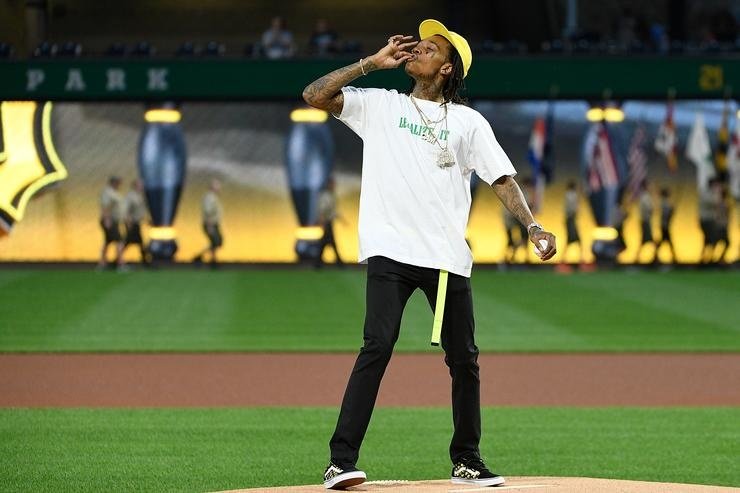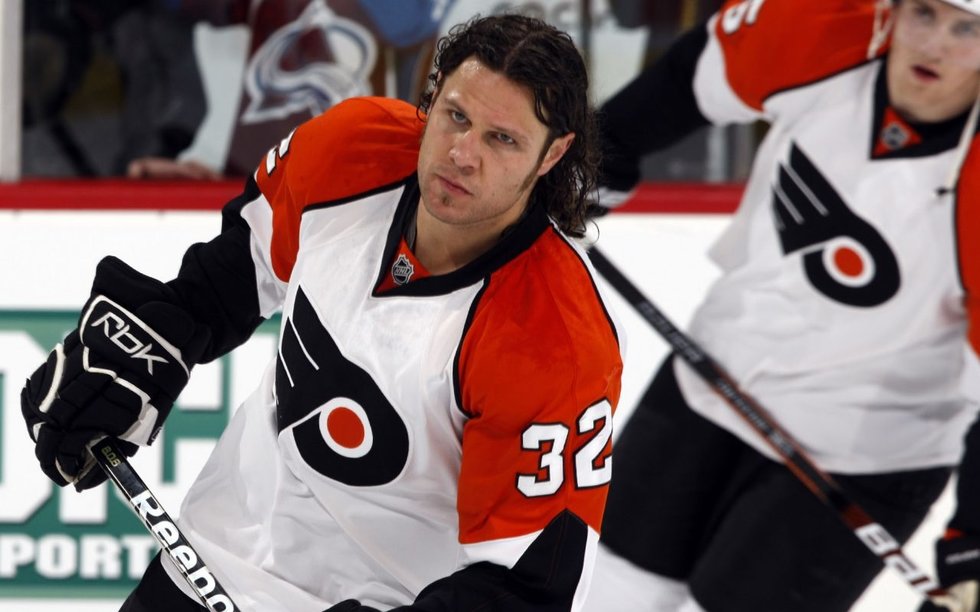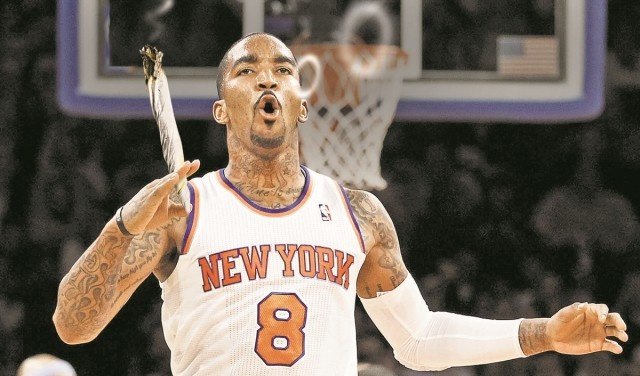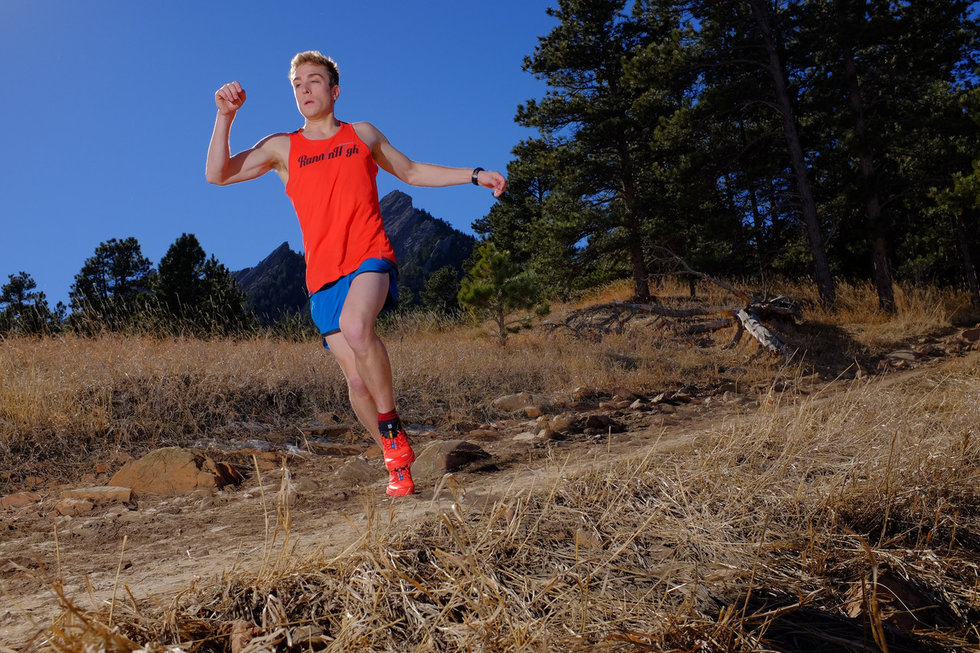The Importance of Cannabinoids in Professional Sports
In the physically demanding world of professional sports, pain management is an absolute necessity. If the average person were cracked helmet-to-helmet by an NFL linebacker, or forced to play 82 games of an NBA or NHL season, their body wouldn’t be able to handle the stress. Because of this, athletes routinely take ice baths and use foam rollers while they stretch. They have masseuses and trainers who rigorously stretch and relieve their muscles’ fatigue. But, at the end of the day, that constant grind eventually wears sports players down, and they often need some sort of medicine to recover. On the one hand, prescription painkillers are always readily available, but they also have some pretty terrible side effects. Cannabis, on the other hand, is banned in certain leagues but offers a healthy, natural alternative. That said, the four major U.S. sports leagues all have extremely different policies on drug use.
A quick breakdown:
The MLB is the most lax, and players routinely light up before and after games. This shouldn’t really come as a surprise, considering players have been known to drink beer in the dugout during games. Seriously, Major League Baseball has always been the wild west when it comes to their drug policy. Dock Ellis once pitched a no hitter while on acid.
 Wiz got the memo
Wiz got the memoThe NHL, probably due to its Canadian roots, is also pretty relaxed when it comes to drug use. They only recently began testing their players for narcotics, and this was because of an uptick in cocaine use. Unlike other leagues, the NHL doesn’t kick its players directly off the ice if they discover they’re into hard drugs, either. They reach out a friendly, non-judgmental hand and offer them help. According to Riley Cote, about 50% of hockey players use cannabis in some way.
 Riley Cote loves weed
Riley Cote loves weedThe NBA is run a lot like a state in which weed is decriminalized. Players are randomly tested four times per year, but the worst punishment they can get is a five-game suspension. This only happens after multiple failed tests, and there are certain loopholes in the league’s policy surrounding medical use of cannabis.
 This picture is obviously fake, but it’s JR Smith, so there’s always a chance he’s done this before.
This picture is obviously fake, but it’s JR Smith, so there’s always a chance he’s done this before.Then, we have the NFL. The NFL’s policies on marijuana sound like something the governor of Vichy France might have contrived. Josh Gordon was kicked out of the league for years because of his habit and only just recently returned, wasting half his twenties off the field. That isn’t to say that the players don’t use cannabis, just that the league is completely against it.

As more and more athletes are taking pro-legalization stances, it’s important to consider what it is they’re actually asking for and the myriad ways weed has helped former and current players cope with injuries, as well as the daily stresses of their sport. For example, Kyle Turley, a former offensive lineman, suffers from chronic traumatic encephalopathy (CTE) due to the dozens of concussions he received as a player. According to him, cannabis saved his life and helped him overcome his opioid addiction, suicidal thoughts, and violent tendencies. Many retired players suffer from CTE, and most of those stories don’t have happy endings. Players often commit violent crimes and deal with suicidal thoughts after they leave the league, and if cannabis use is a means to prevent this, then in preventing its use, the NFL is complicit in the tragic way some of its players end up.
Still, while cannabis and CBD oil are both means for treating injuries after one retires from a sport, there are other players who unapologetically smoke while they’re still active. NFL running back Ricky Williams reportedly smoked all through his first few years in the league and refused to stop even after he was suspended for an entire season. He now owns a cannabis-friendly gym in San Francisco. Former NBA All-Star center and forward Cliff Robinson used to smoke pot to avoid using prescription painkillers while he was a player. Nowadays, he just smokes for fun. Last year, he debuted his own line of cannabis-based products.
 Even ultra-marathoners are toking up
Even ultra-marathoners are toking upSmoking isn’t just for professional athletes, however. Many marathon runners have found that smoking marijuana before a long run helps them remove the stress associated with going the distance. According to some scientists, the chemical reaction in our brain that comes from smoking weed is very similar to the chemical reaction after a long run. For this reason, many runners believe that toking before a run makes the post-run euphoria that much more euphoric. If you compare runner’s high to ice cream, then weed is the cherry, the whip cream, the hot fudge, and the candied walnuts.
Beyond that, bodybuilders use it. UFC fighters use it. Players in every major American sports league use it.
The benefits of combining weed and exercise are astounding, and the negative effects are virtually nonexistent. If ultra-marathoners can use it during 100-mile races, then it’s definitely not affecting their lungs. That said, before you smoke and workout, it’s a good idea to know how you react mentally to weed. If you’re prone to paranoia or nervousness when high, maybe just use it as post-gym treat. If you’re fine being in public, give it a try. The worst that could happen is you find yourself unmotivated and you go back home.


